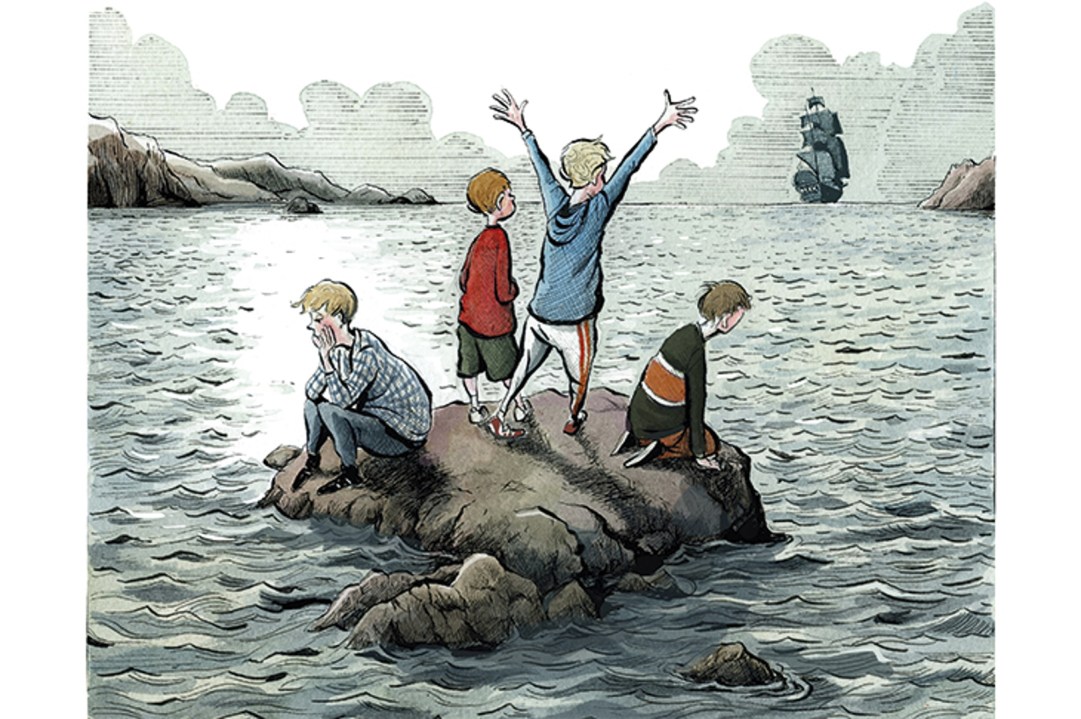Tory MP Robert Halfon is right to say that the underachievement of white working-class students is a ‘major social injustice’. He is also correct to call for ‘a proper funding settlement’ so that we have an ‘education system fit for purpose’. But this much-needed debate has been overshadowed by a red herring in the Education committee’s report: the use of the term ‘white privilege’.
The report claims that the use of such phrases may have contributed to the neglect of disadvantaged white kids. Of course, as Halfon says, ‘it is wrong to tell a white disadvantaged family that they are white privileged even though they may come from a very poor background and may be struggling’. But blaming this phrase for the scandalous lack of attention given to white working-class children just doesn’t add up.
Anyone like myself who has worked in a school will know that white working-class children aren’t being held back by schools teaching them about racism. They are held back by a complex variety of socioeconomic factors that go on unimpeded while everyone talks about whether or not schools should be teaching about racism.
Anyone who has worked in a school will know white working-class children aren’t being held back by schools teaching them about racism
The report identifies some of these issues: persistent multigenerational disadvantage, regional underinvestment, family experience of education, and disengagement from the curriculum.

Get Britain's best politics newsletters
Register to get The Spectator's insight and opinion straight to your inbox. You can then read two free articles each week.
Already a subscriber? Log in








Comments
Join the debate for just $5 for 3 months
Be part of the conversation with other Spectator readers by getting your first three months for $5.
UNLOCK ACCESS Just $5 for 3 monthsAlready a subscriber? Log in